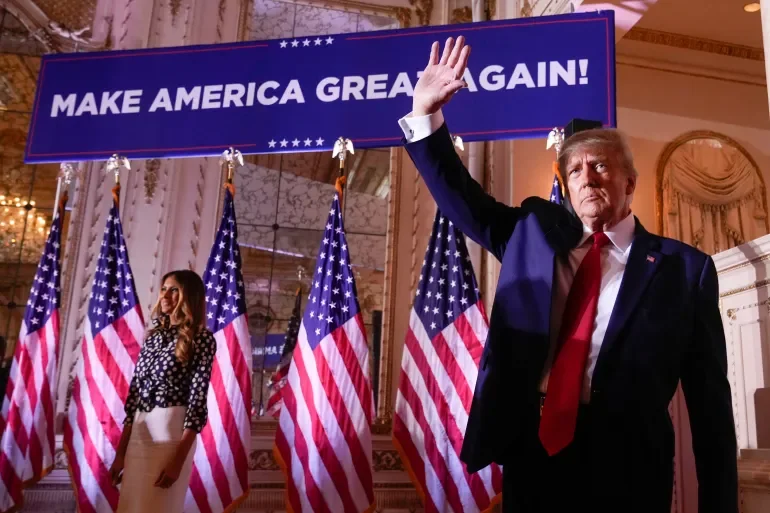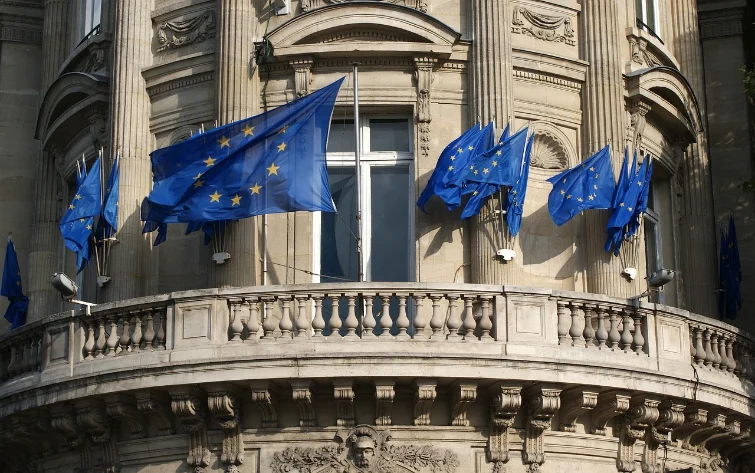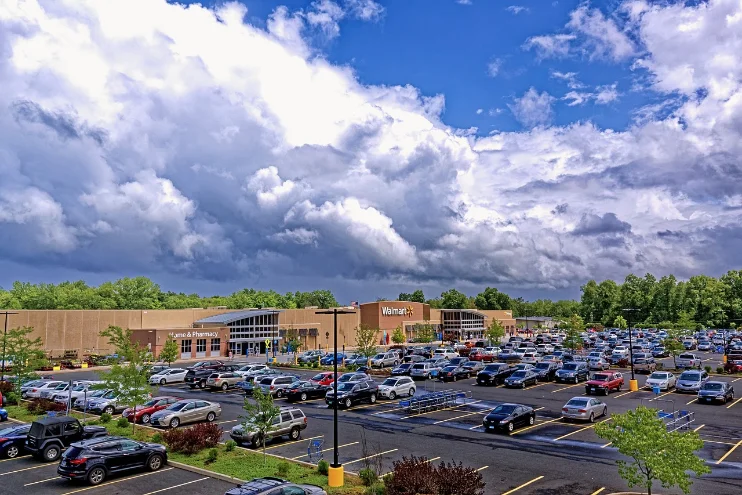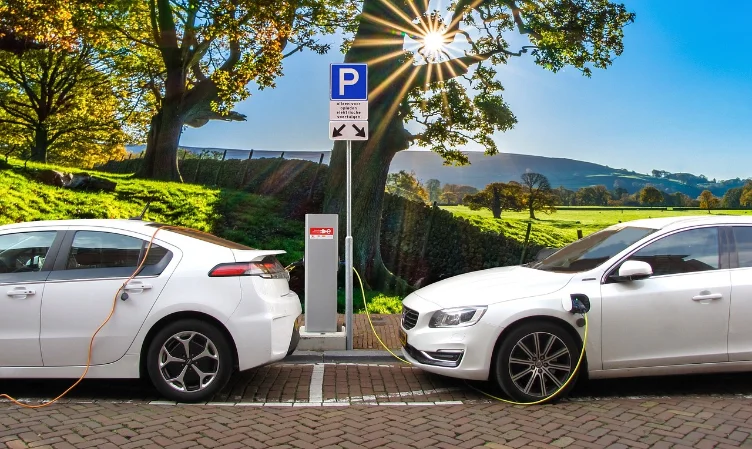Upon initial observation, the recent series of Donald Trump rallies in Iowa this month may seem reminiscent of his 2016 presidential campaign events when he narrowly missed winning the state. They featured hundreds of enthusiastic supporters cheering on a speech filled with confrontations and grievances.
However, there’s a significant difference this time. In 2016, Trump was out-organized by Senator Ted Cruz and lost the first Republican presidential nominating contest in Iowa. Now, he has implemented a far more advanced ground operation. This new strategy focuses on collecting and analyzing voter data to effectively translate it into votes
The upcoming contest on January 15 holds significant importance: If Trump wins the state convincingly, it could strengthen the belief that he’s almost guaranteed the 2024 Republican presidential nomination.
Insights gathered from interviews with around 40 party leaders, Trump’s team, and campaign volunteers in Iowa reveal how the former president has taken valuable lessons from his past. In 2016, Trump, believing he had little chance of winning Iowa, maintained a minimal presence in the state. This decision cost him, despite eventually securing the party nomination and the presidency.
Jeff Kaufmann, the Iowa Republican Party chairman, remarked, “I don’t think people realize how limited the resources were in 2016.” He compared the 2016 effort to the current one, noting a substantial increase in the ground game.
On Sunday, Trump will host a rally in Sioux City, marking his eighth event in Iowa in just over a month. These well-attended rallies serve a dual purpose: not only do they energize his supporters, but they also help identify potential voters and volunteers, initiating communication with them.
As people walk into Trump’s rallies, they are greeted by big screens displaying the date and time of the caucuses and guidance on finding their precinct. Additionally, warm-up speakers emphasize the importance of voting, as shared by Rachel Paine Caufield, a political science professor at Drake University who has attended Trump’s events in the state.
Rachel notes, “Because the Iowa caucuses consist of more than 1,600 local party meetings spread out across the state, this kind of organizational list-building goes a long way.” She’s referring to the various meetings held in school cafeterias and community centers across Iowa, where voters will choose their party’s nominee on January 15.
Trump’s main rival for the nomination, Florida Governor Ron DeSantis, has established a larger operation, backed by out-of-state volunteers who arrived during the summer to canvass neighborhoods. Similar to what Senator Cruz did in 2016, DeSantis is touring Iowa extensively to boost his support in rural areas, while Trump is concentrating on urban centers, which represent the majority of the vote.
According to Alex Latcham, who coordinates early-state efforts for Trump, Trump’s campaign has a unique edge over DeSantis and other Republican candidates. They can gather valuable voter information from the rallies he’s conducted in Iowa since his 2016 campaign. They also have data from contributions made by Iowans over the years and people who have visited his website.
Latcham explained, “If they’ve made donations to the president but haven’t participated in caucuses before, we know they support him, and we need to get them to participate. It’s a combination of all these interactions and connections we’ve had with supporters here.”
Ann Jones is a valuable find. She was spotted wearing a “Don’t blame me, I voted for Trump” T-shirt at the entrance of a Trump event in Adel, a small town near Des Moines on October 16. At 40 years old and working part-time at a hospital, she’s never participated in caucuses before. However, she’s now planning to volunteer for the campaign and bring her husband, who also hasn’t caucused before, to their precinct on January 15.
What’s crucial is that the campaign now has her contact information. In 2016, Trump’s campaign lacked the necessary staff and digital infrastructure to follow up on such leads. This resulted in many Trump supporters, like Jones and her husband, not participating in the caucus.
Marshall Moreau, the campaign’s state director, addressed this issue at a recent training session for voting precinct captains, stating, “We are not making any mistakes at all with that. We will repeatedly engage in excessive communication till our faces turn blue.”
After an afternoon rally in Clive, Iowa, last week, campaign staff returned to their unassuming headquarters just outside Des Moines to input the latest batch of caucus pledge cards into their database. The goal is to establish follow-up contact within 48 hours, using texts, emails, and phone calls.
The Trump campaign has collected 37,500 caucus pledges so far. This is part of their extensive data operation, which has mobilized 1,800 volunteers and recruited captains responsible for rallying voters in their areas and delivering speeches in support of Trump on caucus day. They have captains for 1,050 precincts and aim to eventually cover almost all of Iowa’s approximately 1,700 precincts.
While the numbers may not match those reported by the Never Back Down PAC, which claims to have enlisted nearly 20,000 DeSantis volunteers, the Trump campaign believes they are enlisting a more passionate group—individuals who are Iowa residents, a key factor.
One such Trump volunteer is Cris Christenson, a business owner who attended a precinct captain training session with 18 other men and women. He urged his fellow volunteers, saying, “DeSantis sees a path and he’s got the money. You all need to get motivated… we need to give it our all.”
In response, the DeSantis campaign has relocated about two dozen staff members to Iowa, committing to a $2 million TV ad campaign leading up to the caucuses in hopes of revitalizing his campaign. However, he currently lags far behind Trump in national and Iowa polls.
Trump’s team in Iowa has also expanded, adding a dedicated person to reach out to pastors and Christian leaders, a significant constituency in a state where evangelicals comprised nearly two-thirds of Republican caucus-goers in 2016.
Notably, Trump’s challengers have been targeting evangelicals, especially following his September comments criticizing DeSantis’ signing of a six-week abortion ban in Florida as a “terrible mistake.”
However, nothing seems to be affecting his support as of yet.
“He is a godly man who loves America. At the Adel gathering, 47-year-old Jonah Jones declared, “He loves us as individuals.” “I gotta support my wife, I gotta support my president.”





